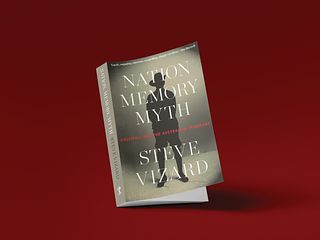Our 2025 Gift Guide
Posted on 12 Nov 2025
We have books for every reader on your list. Whether you’re shopping for a passionate reader, a lifelong learner, or someone who loves beautifully crafted…
Posted on 12 Nov 2025
We have books for every reader on your list. Whether you’re shopping for a passionate reader, a lifelong learner, or someone who loves beautifully crafted…
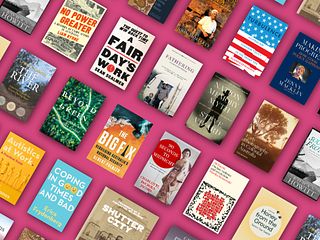
Posted on 19 Aug 2025
At MUP we know that the right book can be more than a gift—it can be a moment shared, a story remembered, or a new…
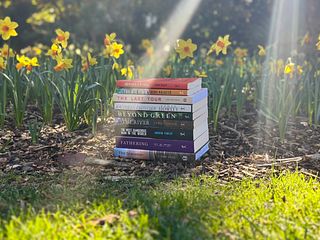.png)
Posted on 12 Aug 2025
A History of Indigenous Australia and the University of Melbourne
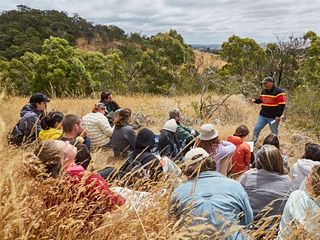.png)
Posted on 24 Jul 2025
We started the year by moving tens of thousands of physical books across state lines, swam through oceans of metadata and updated our back-end systems…
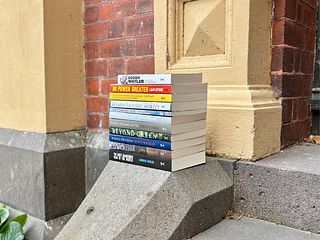
Posted on 25 Jun 2025
A short guide to how Print-on-Demand works at MUP.
Posted on 11 Jun 2025
Why has Antarctica long loomed large in Australian psyche? How did Australia come to see Antarctica as a natural extension of our territory and why…
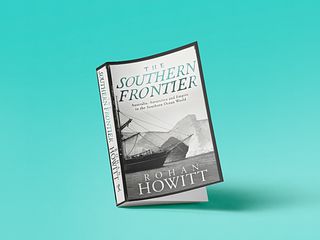
Posted on 11 Jun 2025
Culture, society and human behaviour have forever been linked to nature. In her thought-provoking book, Lesley Head, geographer and Redmond Barry Distinguished Professor Emeritus at…
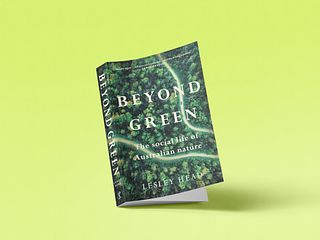
Posted on 11 Jun 2025
How does myth generate meaning for a nation and its citizens? How does a national myth transform into symbolic performances of cultural memory and kinship?
